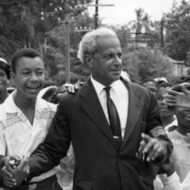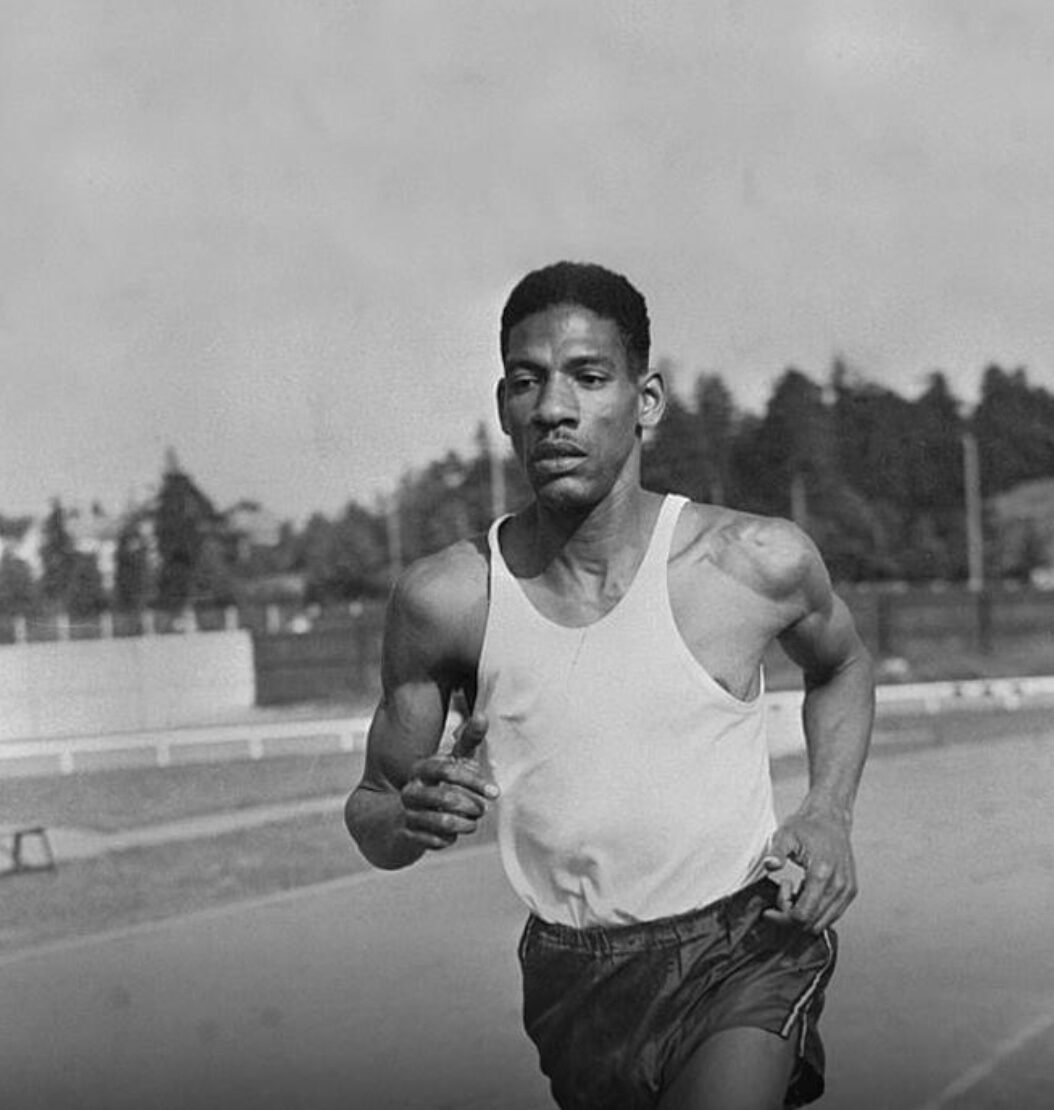Tanya Stephens, born Vivienne Tanya Stephenson on July 2, 1973, is a renowned Jamaican reggae singer and deejay who rose to fame in the late 1990s. Known for her distinctive voice and powerful lyrics, Stephens has left an indelible mark on the reggae music scene. She gained international recognition with her hits “Yuh Nuh Ready Fi Dis Yet” and “It’s a Pity,” both of which propelled her career to new heights.
Early Life and Musical Beginnings
Stephens was born and raised in St. Mary and St. Ann, Jamaica. Growing up, she attended Zion Hill and Ocho Rios primary schools before eventually enrolling at St. Mary High. With a musical inclination from a young age, Stephens began recording in the mid-1990s under the guidance of renowned producers like Dave Kelly and Philip “Fatis” Burrell.
Breakthrough and Success
In 1996, Stephens released her single “Yuh Nuh Ready Fi Dis Yet,” produced by Dave Kelly. The song caught the attention of the Jamaican public and marked the beginning of her successful career. She followed up with more hit singles such as “Draw fi Mi Finger,” “Freaky Type,” and “Cry and Bawl.” Her debut album, “Big Things a Gwaan,” was released in 1994 and featured collaborations with Yami Bolo and Prezident Brown. The album showcased Stephens’ versatility as an artist.
International Recognition and Evolution
After gaining popularity in Jamaica, Stephens embarked on a new chapter in her career by moving to Sweden. There, she signed a record deal with Warner Music Sweden and recorded the pop album “Sintoxicated” in 2001. The album showcased Stephens’ ability to explore different musical genres while still maintaining her reggae roots.
Returning to Jamaica, Stephens released the critically acclaimed album “Gangsta Blues” in 2004. The album earned widespread acclaim and solidified her reputation as a talented and versatile artist. She continued to push boundaries with her 2006 release, “Rebelution,” which featured the chart-topping single “These Streets.” The album sold out in Jamaica and other parts of the Caribbean, establishing Stephens as a force to be reckoned with in the reggae industry.
Social Consciousness and Activism
Stephens’ music is not just about entertainment; it often carries important social messages. Her song “Come A Long Way” is a tribute to black leaders, while “Still Alive” tackles the issue of discrimination against people with HIV. She has used her platform to speak out against the objectification of women in dancehall lyrics and to advocate for human rights and social responsibility within the music industry.
Accolades and Ventures
In recognition of her immense contribution to the reggae industry as a songwriter, Stephens was honored by the Jamaica Reggae Industry Association (JaRIA) in 2019. Additionally, she owns Tarantula Records, a label she co-founded with business partner Andrew Henton in 2004.
Tanya Stephens is more than just a reggae singer and deejay. She is a powerful voice in the music industry, using her platform to address social issues and promote positive change. With her unique style, powerful lyrics, and unwavering commitment to her craft, Stephens has firmly established herself as a Jamaican reggae sensation. To learn more about Tanya Stephens and her incredible music journey, visit www.purejamaicamedia.com






















